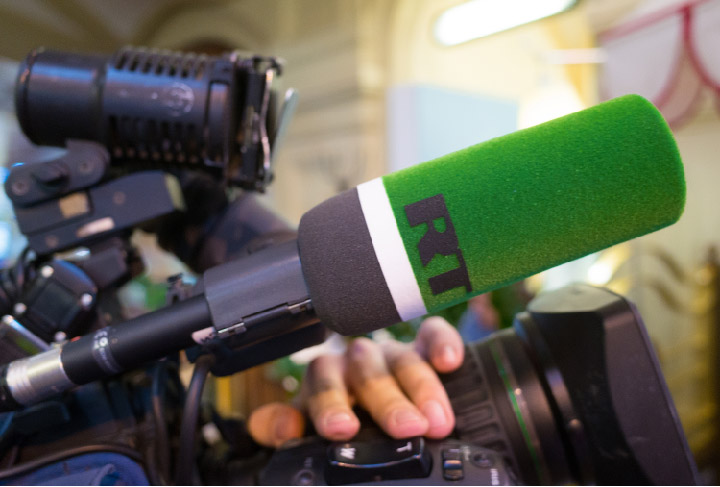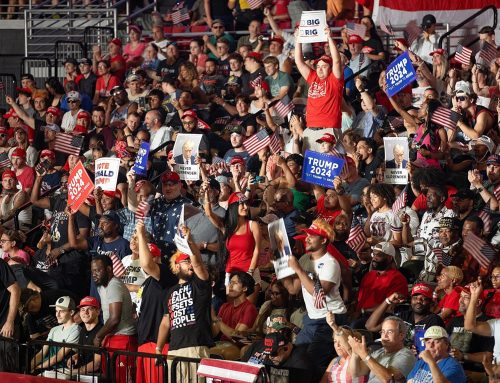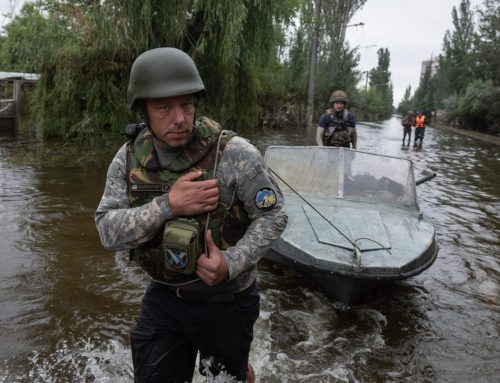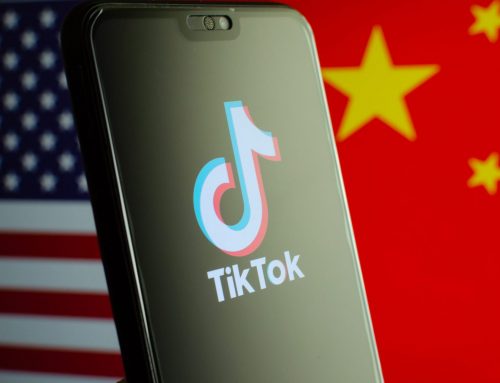After Belarusian authorities forced a Ryanair plane to land in Minsk on May 23 and arrested opposition journalist Roman Protasevich, who was a passenger on the flight, Russian state media and diplomats strongly criticized Western responses to the incident. These criticisms coalesced around two major narratives: accusing the West of being hypocritical and displaying “double standards” (emphasizing the grounding of former Bolivian President Evo Morales’ plane in 2013) and another highlighting Protasevich’s past association with far-right groups in Ukraine (which Western media was charged with omitting). Some content also denied claims of possible Russian involvement. As usual, Russian state media and diplomats also continued to emphasize positive developments related to the Sputnik V vaccine, including exports of the coronavirus vaccine and its production technology, while highlighting potential side effects and deaths following vaccinations using Western vaccines. State media also repeatedly highlighted a “leaked” AstraZeneca report, supposedly ignored by Western media, on vaccine safety that apparently showed substantially more post-vaccination deaths for people who received Pfizer as compared to AstraZeneca. Finally, some Russian state media content amplified Chinese officials’ insinuations about Fort Detrick and related Chinese responses to renewed U.S. questioning of the origins of the coronavirus.
In response to President Biden’s request for U.S. intelligence agencies to investigate the possibility that the coronavirus originated in a Chinese lab, Chinese diplomatic and state media accounts on Twitter revived accusations that the virus originated in a U.S. research lab in Fort Detrick, Maryland. Far from a fringe effort, the two most prominent spokespeople of the Ministry of Foreign Affairs led the charge against Fort Detrick. They were joined by diplomats from France, South Africa, the United Kingdon, and more. On the state media side of things, Global Times was the main amplifier of Fort Detrick conspiracies, with CGTN also joining the fray. As has been the case most weeks since the beginning of the year, Xinjiang was still the most discussed topic among government and diplomatic accounts. Content related to Xinjiang last week included CGTN’s promotion of a New Zealand vlogger and a French author to “counter” foreign media reports of Chinese human rights abuses in the region. Chinese Ministry of Foreign Affairs spokespeople called attempts to investigate human rights abuses in Xinjiang a “plot,” while using the BBC’s coverage of the British royal family to discredit all of its reporting. Relatedly, Tibet was also a prominent topic promoted by Chinese government officials and diplomats over the past two weeks. In celebration of the 70th anniversary of the province’s “peaceful liberation,” Chinese officials tweeted grand announcements about improving living standards and inter-ethnic harmony that were reminiscent of official Chinese pronouncements about Xinjiang. Finally, there was limited promotion of actor John Cena issuing an apology video in Mandarin, in which he professed his “love and respect [for] China and Chinese people” after referring to Taiwan as country last week. The only diplomat to refer directly to the incident was the Chinese consul in Cape Town. He called the apology “an example for other Western stars to follow.” State media were more active on the topic with Global Times, CGTN affiliate T-House, and China Daily all highlighting the apology video.
The upcoming Iranian presidential elections dominated Tehran-linked Twitter last week, with candidates jockeying for attention even though Twitter is banned in Iran. The irony came to a head when hardline candidate Saeed Jalili responded with surprise upon learning that Twitter, a platform he uses frequently, is banned in Iran. He later tweeted, “Twitter filtering is not justified.” This was the most liked tweet last week among Tehran-linked accounts, surpassing even the supreme leader’s tweets about the election. The supreme leader also tweeted about the elections, in particular to defend the role of the Guardian Council, which selected the candidates that Iranian voters will chose from, and excluded the candidates that most experts would consider reformists. The supreme leader also specifically warned against making claims of election-rigging aimed at delegitimizing the winner. Continuing the election theme, Iranian media reported heavily on Bashar al-Assad’s victory in the sham elections held in Syria. Most outlets credulously reported his alleged 95 percent vote share as well as the alleged turnout of 14 million voters. PressTV interviewed conspiracy theorist and RT contributor Marcus Papadopoulos, who credited Assad’s role as a “wartime president” for victory at the polls.
The views expressed in GMF publications and commentary are the views of the author alone.








